Peaceworks
Publications
Articles, publications, books, tools and multimedia features from the U.S. Institute of Peace provide the latest news, analysis, research findings, practitioner guides and reports, all related to the conflict zones and issues that are at the center of the Institute’s work to prevent and reduce violent conflict.
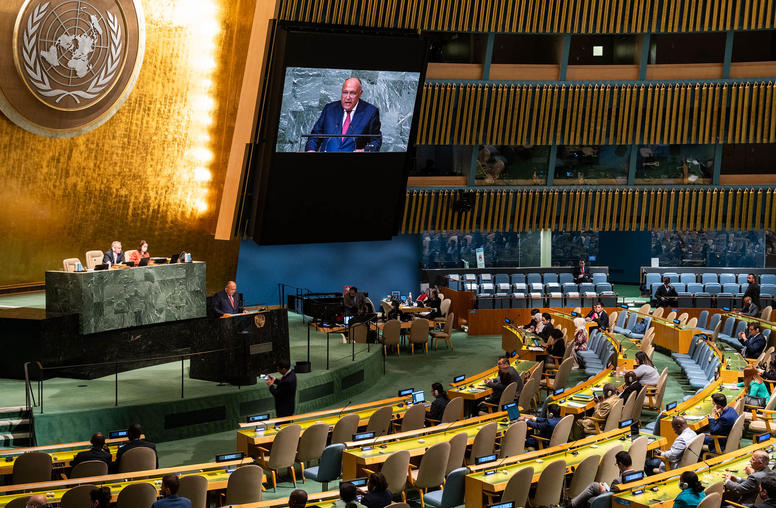
The New Nonaligned Movement Is Having a Moment
Russia’s invasion of Ukraine has accentuated emerging geopolitical trends that have coincided with the rise and intensification of great power competition. The re-emergence of the nonaligned movement (NAM) as a geopolitical force is perhaps the most salient example. Indeed, this month’s edition of Foreign Affairs — a reliable barometer of key trends in international affairs — is dedicated to the “nonaligned world.” By definition, NAM states do not want to be forced to choose sides between the United States and/or Russia and China. But as we move into a multipolar era of accelerating great power competition, these states will find themselves caught between major powers.
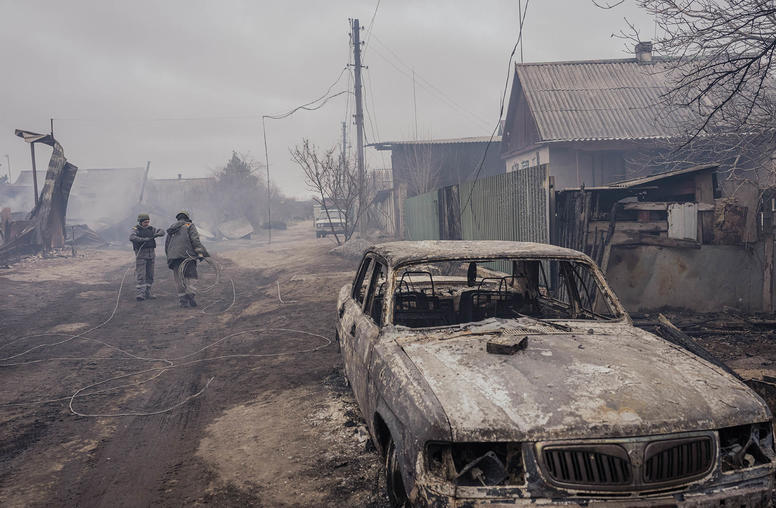
It’s Not About Picking Sides: The Nonaligned Movement and Russian Aggression
For nearly 80 years, the world has benefited from the post-World War II international legal prohibitions and norms outlawing aggressive war. While this relative peace and stability was threatened during the Cold War, a group of countries — called the nonaligned movement (NAM) — came together to declare their aversion to the bloc politics of the United States and the Soviet Union. This nonaligned movement championed key principles of the U.N. charter, including respect for territorial integrity, sovereignty and nonaggression.
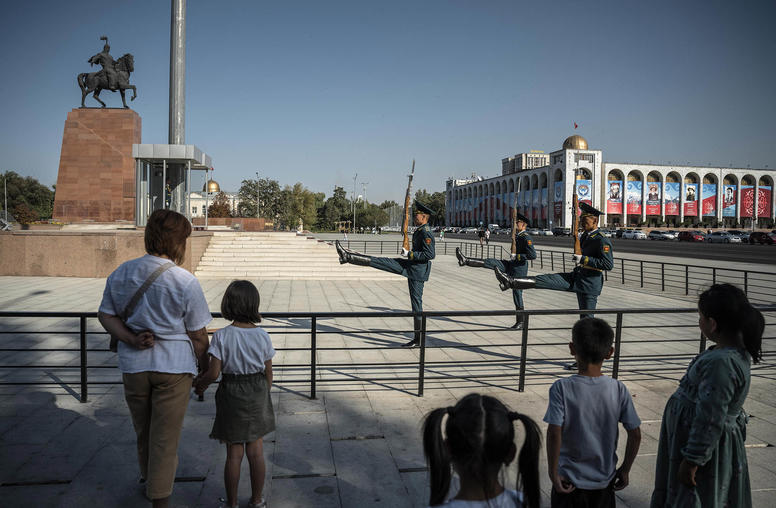
China Looks to Fill a Void in Central Asia
As the Group of Seven met at the end of last week in Hiroshima, Japan, China organized a summit with Kazakhstan, Kyrgyzstan, Tajikistan, Turkmenistan and Uzbekistan, marking a new chapter in Beijing’s engagement with the region. Central Asian states are looking for a new partner to help ensure their own security against domestic rebellions, as Russia’s war in Ukraine has limited Moscow’s ability to fulfill a longstanding role as a guarantor of domestic stability in the region. While most of the summit’s public discussion focused on economic and trade issues, China noted that it would help Central Asia enhance it’s law enforcement and security capabilities, which aligns with Beijing’s intensifying campaign for “global security.”
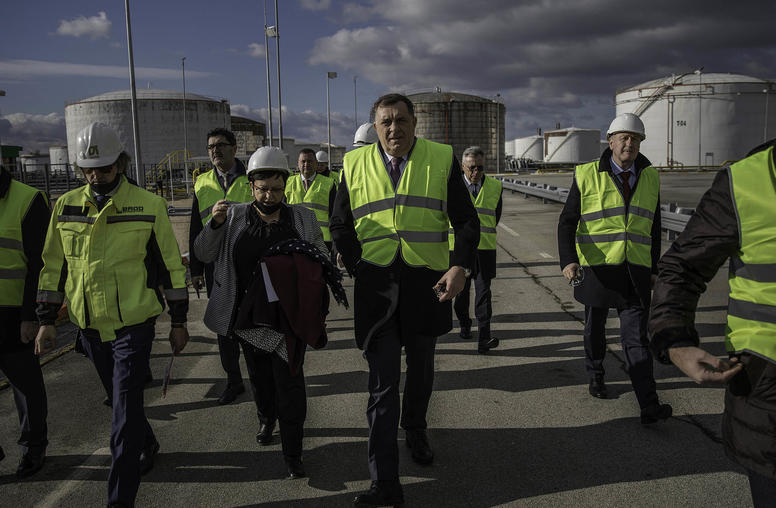
Dislodging Putin’s Foothold in the Balkans
The impact of Russia’s invasion of Ukraine on the Balkans can only be understood by considering Moscow’s malign influence in the region from a broader perspective. While Russia has specific objectives related to each individual country in the region, its overall objective is clearly to target the Western Balkans through a divide and rule approach, using multiple tools of influence. While the United States and its European partners focus on the war in Ukraine, Russia is taking the opportunity to nibble away at NATO’s borders and to sow discord in countries hoping to some day present a strong case for joining the European Union.
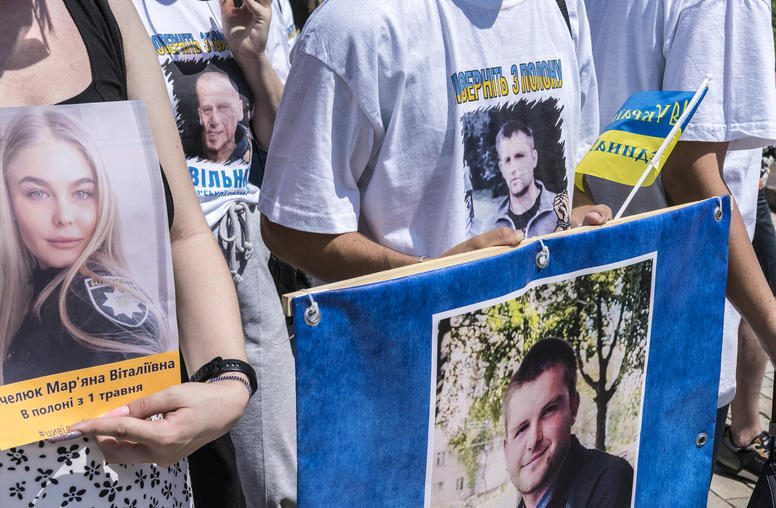
15 Months on, Ukrainians Remain United on Freedom, Rule of Law
Two days into Ukraine’s unfolding counteroffensive, a soldier just back from one of the first probes into Russian defensive lines called me on WhatsApp, giddy with excitement, to report his unit’s unexpected success. “We were told to push them back 600 meters,” he said, “but we got so little resistance, we pushed them back six kilometers! The Russians were soft!”
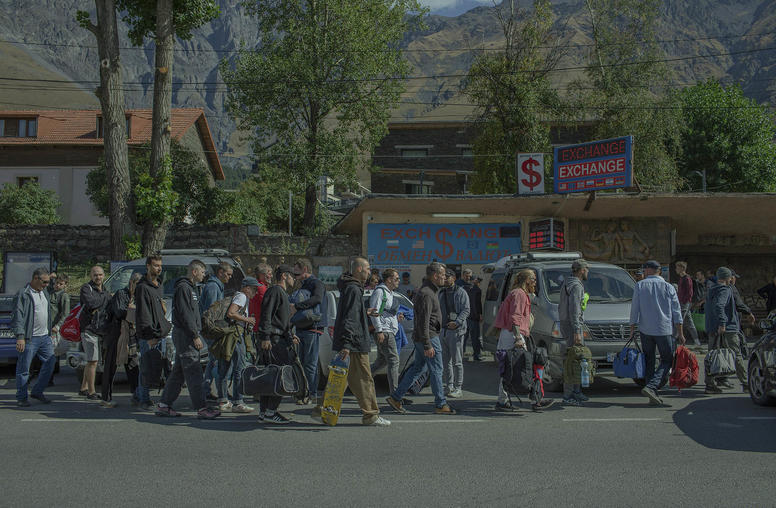
For a Future Peaceful Russia, Engage its Exiles Now
To pursue his war on Ukraine, Vladimir Putin has crushed the last of Russia’s once-vibrant civil society. He has imprisoned some 20,000 dissidents, throttled all independent media — and triggered an exodus of perhaps 1 million Russians, many of them young, educated and technically skilled. As the West helps Ukrainians’ immediate struggle to survive, any long game to defeat Putin’s assaults on Ukraine, international law and peace requires that we cultivate, not isolate, this new Russian diaspora. Whenever Russians become able to shape their country’s future after Putin, the new exiles will be potential allies of democracy and rule of law.
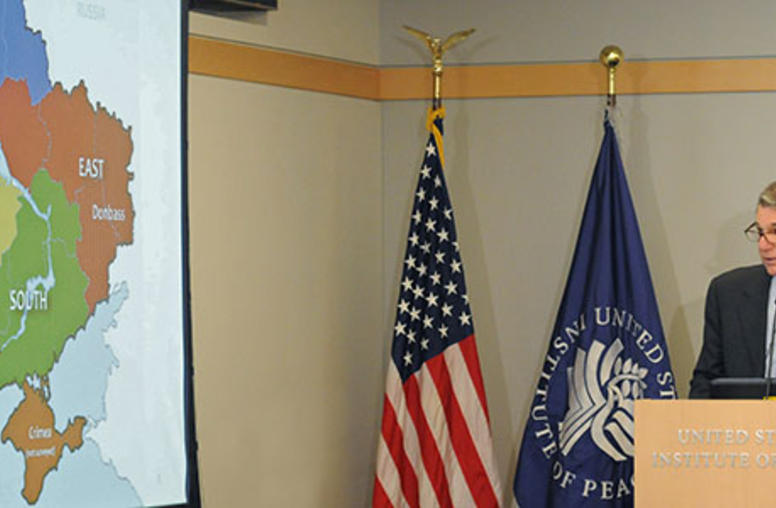
Ukrainians Broadly Reject Russian Actions and Influence, Poll Shows
A new survey of Ukrainians shows a broad majority, including in the East, reject the boldest moves against their country, belying notions that Russian President Vladimir Putin may be winning the fight through propaganda and military aid to separatists.
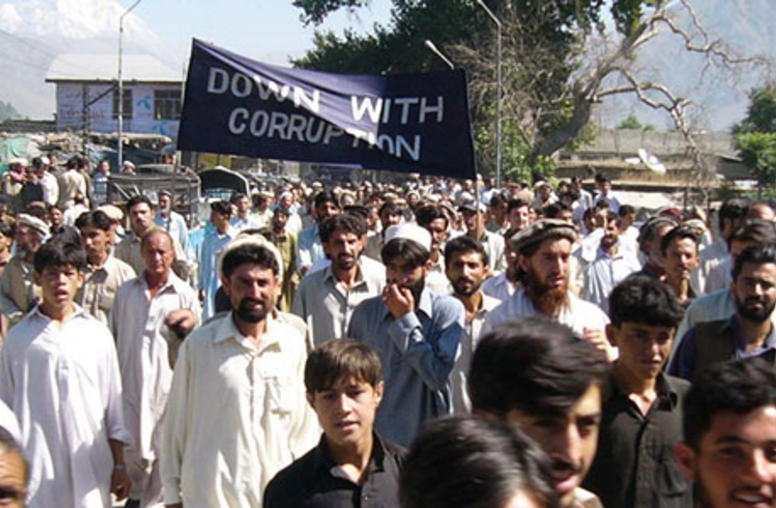
How to Stop Extremism Before It Starts
Endemic corruption is padding the ranks of militant fundamentalist groups. Here's how communities are fighting back.
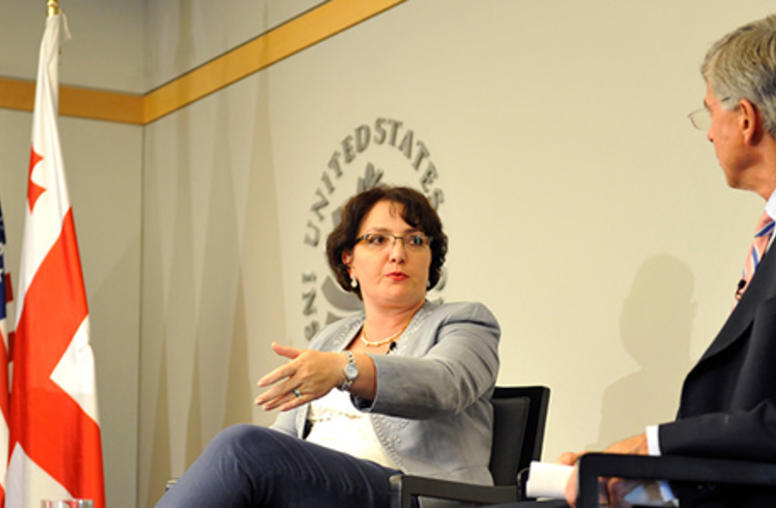
Georgia, Facing Russian Pressure, Needs NATO Path, Defense Chief Says
Even as hostilities continue in Ukraine, Russia is trying to undermine Georgia’s sovereignty with a multi-prong campaign that may not include a direct military confrontation yet poses a significant threat, according to Georgian Defense Minister Tina Khidasheli.
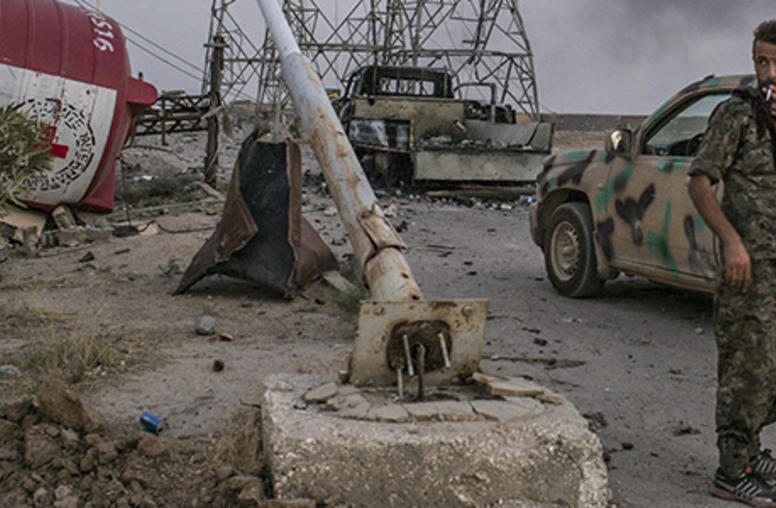
Q&A: Russia’s Intervention in Syria
Russia’s military involvement in Syria has further complicated a four-year-long civil war that the United Nations says has killed more than 250,000 people and driven half the population from their homes. Syrian President Bashar al-Assad just visited Moscow, his first trip outside Syria since the conflict began in 2011 – to meet with Russian President Vladimir Putin. Elie Abouaoun, director of Middle East programs at the U.S. Institute of Peace, considers the ramifications, the prospects for r...